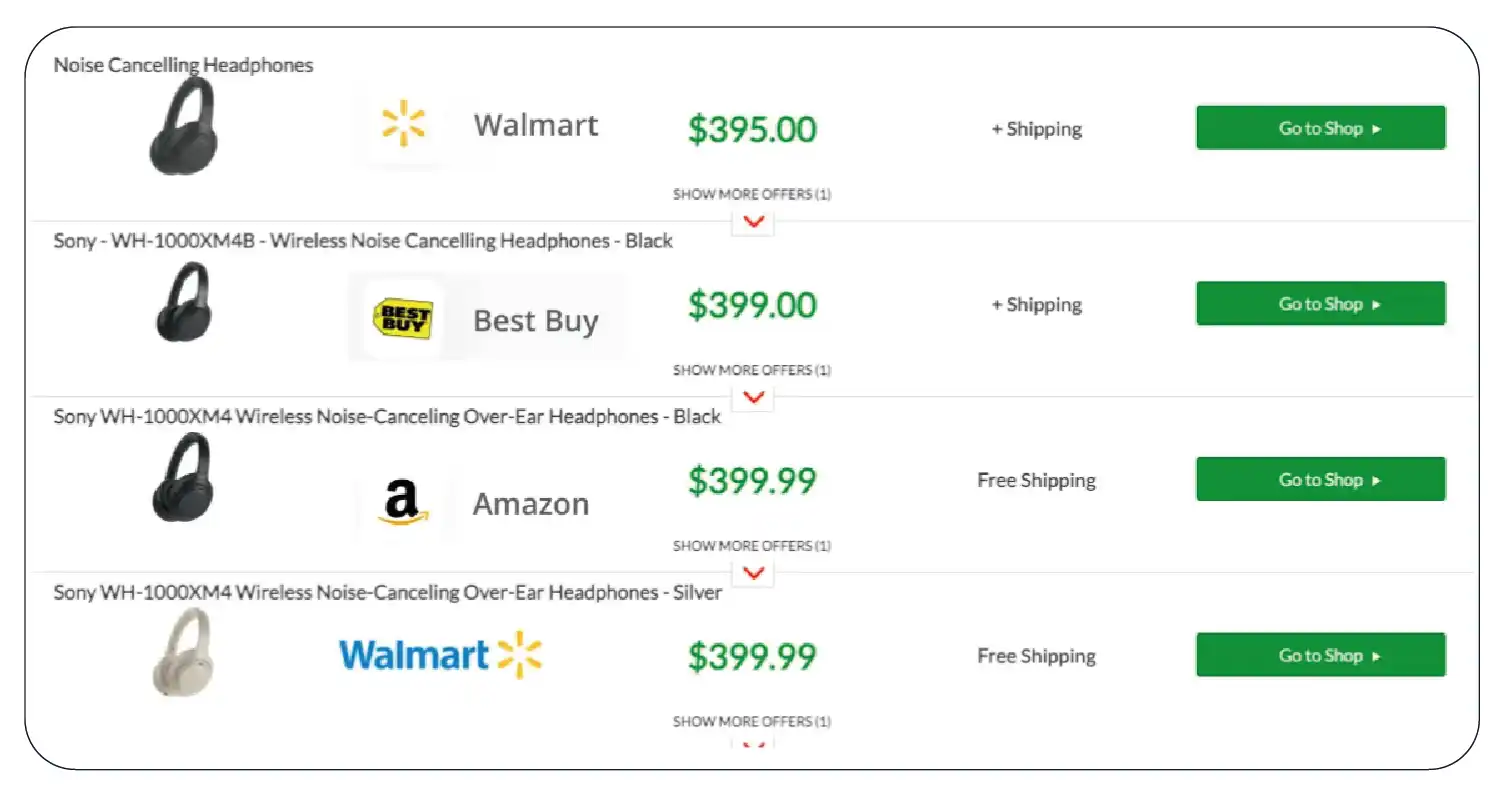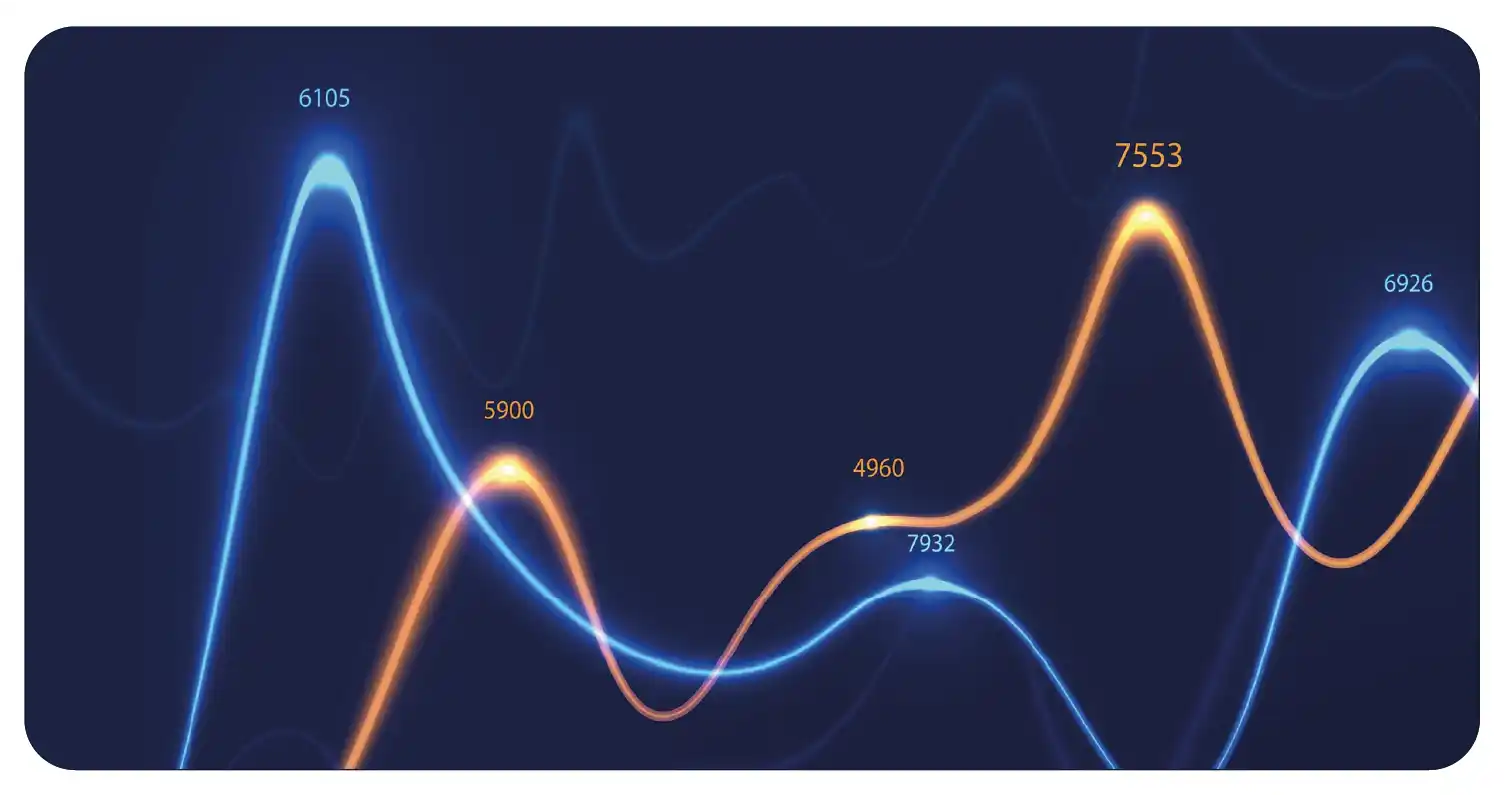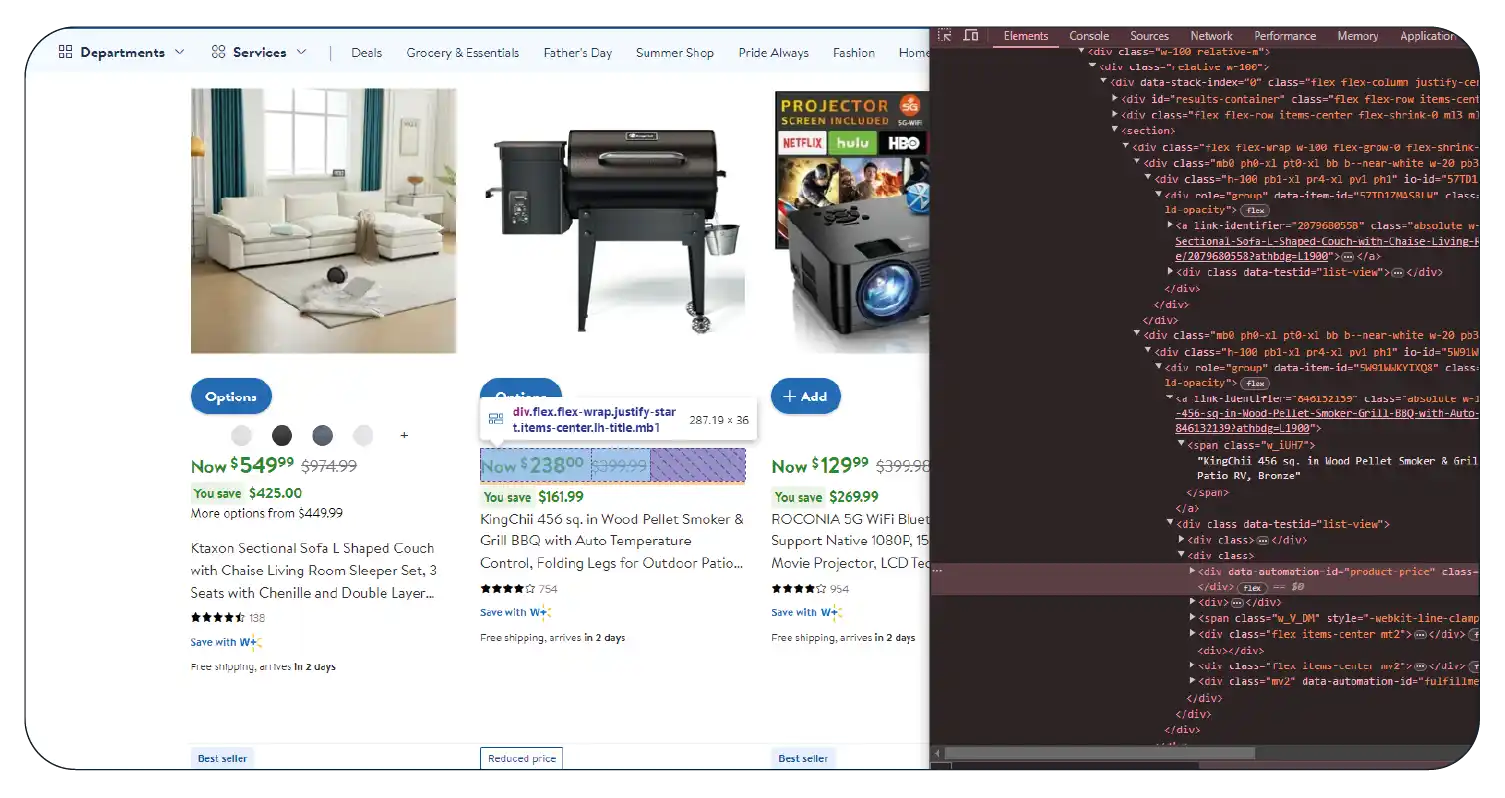
Price scraping is a method of collecting pricing information from websites, typically achieved using specialized software known as price scrapers or web scrapers. This approach automates the extraction of pricing data from online sources, allowing businesses to monitor competitors' prices, track price trends, and make informed pricing decisions.
This scraper operate by accessing the underlying HTML code of a website and extracting relevant pricing details, such as product prices, discounts, and availability. This extracted data can then be utilized to analyze pricing strategies, optimize pricing models, and maintain competitiveness in the market.
However, while price scraping can provide valuable insights, it can also raise ethical and legal issues. Some websites consider it a violation of their terms of service, so businesses engaging in this practice should ensure they have the necessary permissions and adhere to applicable laws and regulations.
Why is it Essential to Scrape Price Data?
Scraping price data is essential for sellers, especially in the competitive e-commerce landscape. Here's why it's crucial:
- Competitive Pricing: Price scraping services allow sellers to stay competitive by monitoring competitors' prices. This information helps them adjust their prices to attract customers without compromising profitability.

- Dynamic Pricing: With this technique, sellers can implement dynamic pricing strategies. By analyzing market trends and competitor prices in real time, they can adjust their prices to maximize sales and revenue.

- Optimizing Margins: E-commerce price data scraping services helps sellers optimize their profit margins. By analyzing pricing data, they can identify opportunities to increase prices without losing customers or reduce prices to increase sales volume.
- Inventory Management: Price extraction helps sellers manage their inventory more effectively. They can adjust their inventory levels by monitoring prices and demand trends to avoid stockouts or overstock situations.
- Identifying Market Trends: It provides valuable insights into market trends and consumer behavior. Sellers can use this information to identify emerging trends and adjust their pricing and marketing strategies accordingly.
- Promotional Strategies: It helps sellers track competitors' promotional strategies, such as discounts and offers. This information can help them plan their promotions more effectively to attract customers.
- Ensuring Price Accuracy: A price data scraper ensures sellers have accurate and up-to-date pricing information. This is crucial for maintaining customer trust and avoiding pricing errors that lead to lost sales.
In conclusion, it is essential for sellers to stay competitive, optimize pricing strategies, manage inventory effectively, and make informed business decisions. It provides valuable insights that can drive sales and profitability in the highly competitive e-commerce landscape.
Role of Price Scrapers in Collecting Pricing Data

Price scrapers are crucial in collecting pricing data from various online sources. Here are several critical aspects of their role:
Automated Data Collection: It automate the process of collecting website pricing data. They can extract large amounts of data quickly and efficiently, saving businesses time and effort compared to manual data collection methods.
Real-time Data Updates: It can provide real-time updates on pricing data, allowing businesses to stay informed about market changes and adjust their pricing strategies accordingly.
Competitor Monitoring: Price scraping tools enable businesses to monitor competitors' prices effectively. By collecting pricing data from competitors' websites, businesses can analyze pricing trends and adjust their prices to remain competitive.
Price Comparison: It allow businesses to compare prices across online retailers. This information can help businesses identify discrepancies and adjust prices to attract customers.
Product Catalog Monitoring: Price extractors can also monitor product catalogs, tracking changes in product availability, descriptions, and specifications. This information can help businesses stay up-to-date with their competitors and make informed decisions about their product offerings.
Dynamic Pricing: They are essential for implementing dynamic pricing strategies. By collecting real-time pricing data, businesses can adjust their prices dynamically based on market conditions, demand, and competitor prices.
Market Research: They provide valuable data for market research. Businesses can analyze market trends, consumer behavior, and competitor strategies by collecting pricing data from different sources and making informed business decisions.
Price scrapers are crucial in collecting, monitoring, and analyzing pricing data, enabling businesses to make strategic decisions that drive growth and profitability.
How Can Sellers Scrape E-Commerce Price Data?
Sellers can scrape e-commerce price data using various methods, depending on their technical expertise and the scale of data they need to scrape. Here are some common approaches:
Manual Scraping: Sellers can manually scrape price data by visiting e-commerce websites and copying prices into a spreadsheet or database. While this method is simple and does not require technical expertise, it is time-consuming and unsuitable for scraping large amounts of data.
Web Scraping Tools: Sellers can use web scraping tools or software to automate the process of scraping price data from e-commerce websites. These tools allow sellers to specify the data they want to scrape and can scrape large amounts of data quickly. However, using web scraping tools requires some technical knowledge and may be against the terms of service of some websites.
APIs: Many e-commerce platforms and websites offer APIs (Application Programming Interfaces) that allow sellers to access price data programmatically. Sellers can use these APIs to retrieve price data in a structured format, making integration into their systems more accessible. However, using APIs may require registration and be subject to usage limits or fees.
Data Providers: Sellers can also use third-party data providers specializing in scraping and providing e-commerce price data. These providers offer services that range from simple data feeds to custom solutions tailored to the seller's needs. While this approach may require a financial investment, it can save sellers time and effort compared to scraping data themselves.
In conclusion, sellers have several options for scraping e-commerce price data, ranging from manual methods to automated tools and services. The choice of method depends on the seller's technical expertise, budget, and the scale of data they need to scrape.
Conclusion: In conclusion, price scraping and price scrapers are invaluable tools that help sellers in numerous ways. They enable sellers to stay competitive by monitoring competitors' prices, implementing dynamic pricing strategies, optimizing profit margins, and managing inventory effectively. It provides valuable insights into market trends and consumer behavior, allowing sellers to make informed decisions. By leveraging this method and advanced scraper, sellers can enhance their pricing strategies, increase sales and revenue, and stay ahead in the ever-evolving e-commerce landscape.
At Product Data Scrape, ethical principles are central to our operations. Whether it's Competitor Price Monitoring Services or Mobile App Data Scraping, transparency and integrity define our approach. With offices spanning multiple locations, we offer customized solutions, striving to surpass client expectations and foster success in data analytics.




































.webp)




.webp)
.webp)
.webp)